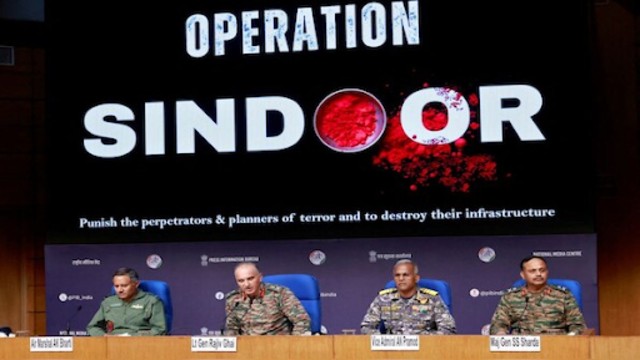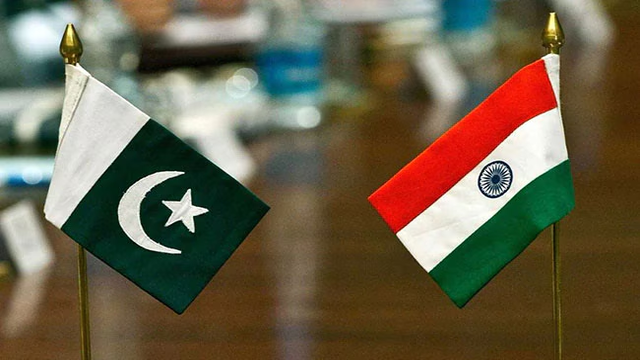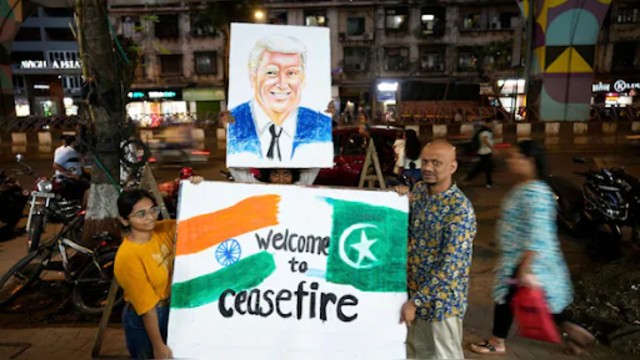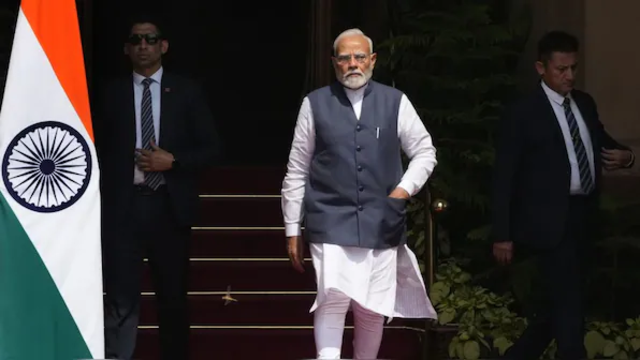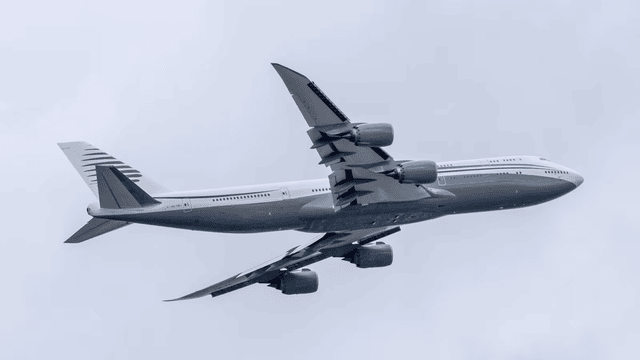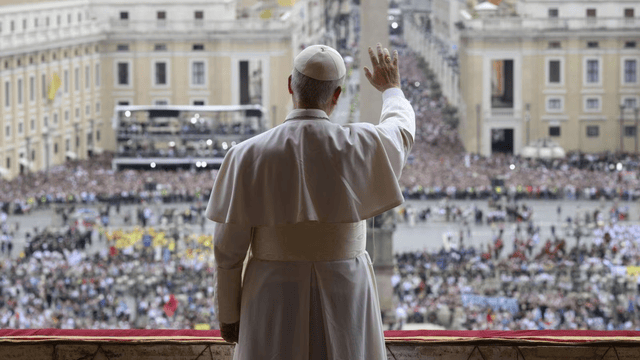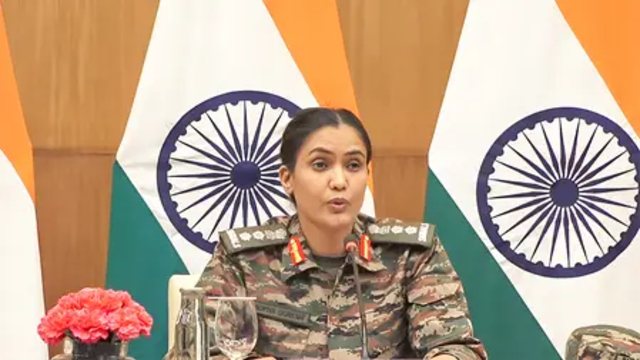
Liberal Democrats leader Sir Ed Davey, 3rd from left, during a visit to Thorpe Park in Chertsey, England, whilst on the General Election campaign trail, Monday June 10, 2024. (Lucy North/PA via AP)
LONDON (AP) — British Prime Minister Rishi Sunak faces uncertainty about retaining his position after the upcoming election. This situation is common, but what’s unusual is Sunak having to deny rumors of his potential resignation before the election due to concerns within the Conservative Party over his lackluster campaign.
Sunak hopes to change the narrative with the release of the Conservative manifesto on Tuesday. This document outlines the party’s policies and serves as their blueprint for power.
Despite negative polls and harsh media coverage, Sunak maintains that the election outcome is not a “foregone conclusion” and insists he has no intention of resigning. “People will talk, but I won’t stop fighting for votes and our country’s future,” he stated on Monday.
The Conservative manifesto is expected to promise cuts to personal taxes, allowing Sunak to argue that a Labour-led government under Keir Starmer would increase taxes, unlike a Conservative government. However, the Labour Party highlights that taxes have reached their highest levels in decades under 14 years of Conservative rule.
On July 4, British voters will choose lawmakers for all 650 seats in the House of Commons. The party leader who can command a majority, either alone or in coalition, will become prime minister.
Sunak's unexpected decision to call a summer election, earlier than anticipated by many, aimed to catch the opposition off guard. However, it appears the Conservatives themselves have been on the back foot since Sunak announced the campaign in the rain on May 22.
The Conservative Party has been struggling since ousting two prime ministers in 2022: Boris Johnson, due to scandals, and Liz Truss, whose drastic tax-cutting plans destabilized the economy, resulting in her brief seven-week tenure.
The party’s situation worsened last week when Nigel Farage, a populist figure, announced his candidacy for Parliament leading the right-wing Reform U.K. Party. Farage’s anti-establishment and anti-immigration stance aims to attract disenchanted voters from both major parties but is likely to draw more support away from the Conservatives.
John Curtice, a politics professor at the University of Strathclyde, commented that Farage’s involvement further diminishes Sunak’s chances of staying in Downing Street, which were already slim.
Sunak cut short his trip to France, where he was attending D-Day anniversary events, to return to campaigning. Images of world leaders, including U.S. President Joe Biden, attending the solemn ceremony without him were a PR disaster. Realizing his mistake, Sunak apologized.
Paul Goodman, a former Conservative lawmaker now in the House of Lords, noted that apart from the D-Day misstep, the Conservative campaign has been conventional and decent but has failed to yield significant results. Despite launching numerous policies and scoring some hits against Labour, Sunak’s debate performance against Starmer did not seem to improve the party’s standing.
Labour, looking to return to power after 14 years, is running a cautious campaign focused on the theme of “change.” Starmer’s message is that he has repositioned Labour as a party of the stable center, moving away from its past image of high taxes and big spending.
Philip Cowley, a politics professor at Queen Mary University of London, stated that in politics, it’s about being more popular than the opponent, which Labour is currently managing to achieve.
Though opinion polls showing Labour with a significant lead may fluctuate, Curtice believes that Sunak faced a daunting challenge even before calling the election. He argued that the Conservative Party’s downfall began with Liz Truss’s economic blunders, as no government that causes a market crisis has survived an election.


